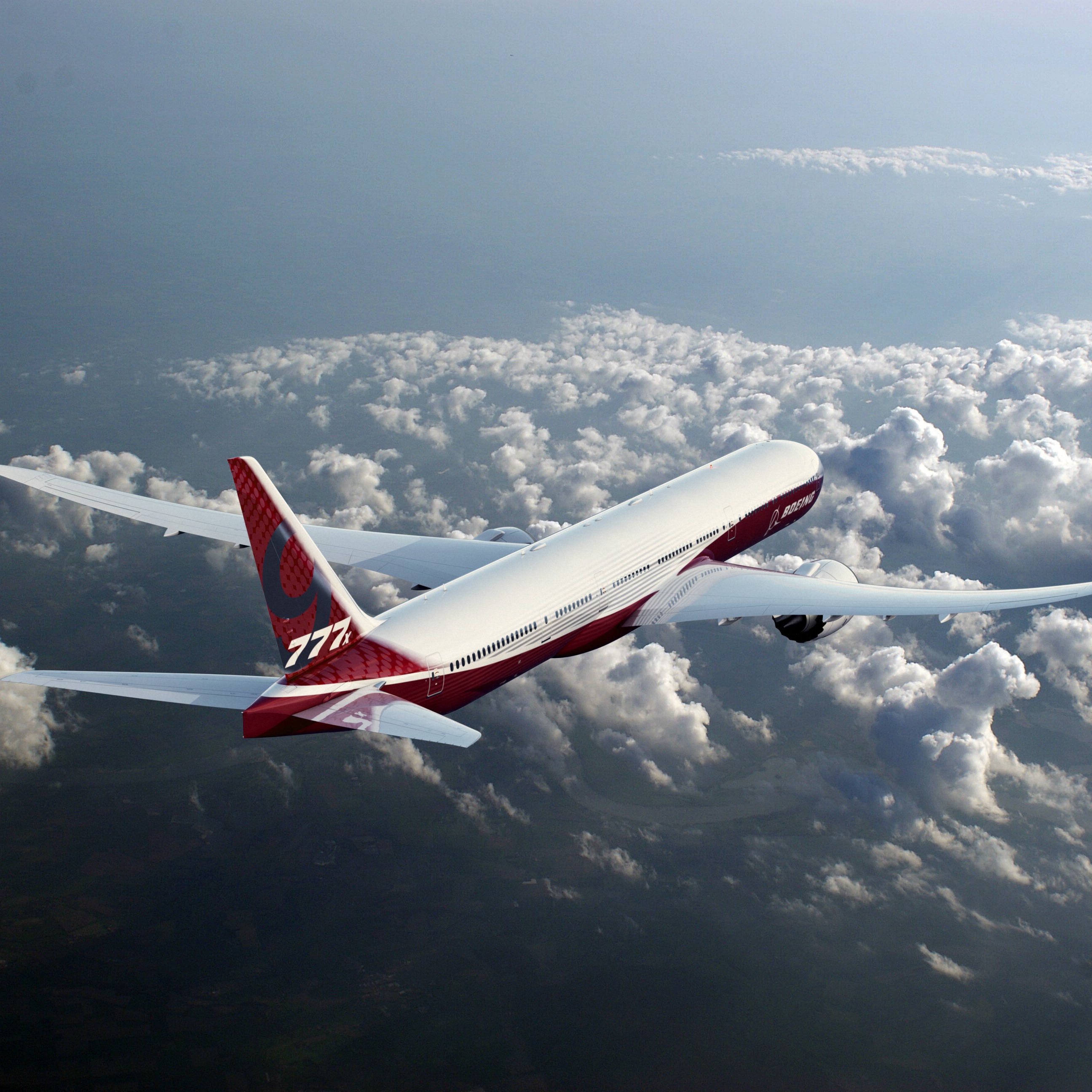Military
Could Boeing's Move Into Spare Parts Business Backfire?

Published:
Last Updated:

As new orders for commercial jets have slowed down in the past year and look to be slower still this year, the two largest manufacturers of passenger jets have been forced to compete on pricing in order to win new business. One effect of that competition has been a squeeze on supplier pricing, and now that squeeze is getting even a little tighter.
The Wall Street Journal reported Monday that Boeing Co. (NYSE: BA) is trying to shoulder its way into the spare parts business that has traditionally been left to suppliers like Spirit AeroSystems and TransDigm, among many others. About 65% of the cost of building a new plane is paid out to suppliers. That can’t be helped, but Boeing now wants a piece of the very lucrative spare parts business.
How lucrative? Jet engine maker Rolls-Royce may be the gold standard in after-market parts and maintenance. The company’s civil aerospace division earned 53% of its 2015 revenues from services. The company long ago initiated a so-called power-by-the-hour maintenance contract for airlines that used RR engines on their Boeing or Airbus airframes. Essentially the contracts set a fixed sum per flying hour to pay for engine repair and parts replacement. The airlines would rather perform their own maintenance and purchase their own parts, but have virtually no choice but to sign.
As the Wall Street Journal pointed out, in 2012 Boeing started charging its suppliers a royalty when suppliers sold replacement parts or upgrades to airlines, claiming the suppliers’ parts were created using Boeing’s intellectual property. The suppliers basically had to pay up, but that does not mean that the airlines are happy.
According to the IATA’s CEO Tony Tyler, the focus is on the future:
Our members want to be able to negotiate contract terms more effectively and with more options than the OEM community will entertain today. Our aim is to help re-balance the relationship so that airlines and OEMs can work together as true business partners in a normal commercial relationship.
A ruling is likely to take months if not much longer, and OEMs like Boeing, Airbus and Rolls-Royce won’t give up without a fight. But it’s no secret that the airlines would like to be able to shop around for parts and services.
For Boeing, firing up to 8,000 employees, squeezing suppliers on costs, and now trying to take on their suppliers’ spare parts business is all directed at boosting the company’s cash flow. When Boeing reports first-quarter results on Wednesday, and analysts are looking for $1.83 in earnings per share and $21.44 billion in revenue. Both are below the totals for the first quarter of last year and are in line with the downwardly revised guidance the company gave when it reported fourth-quarter results in January.
Boeing’s costs have to go down if Boeing has to compete with Airbus and Bombardier on price, and that includes costs on spare parts and service. Every little bit will help.
Retirement can be daunting, but it doesn’t need to be.
Imagine having an expert in your corner to help you with your financial goals. Someone to help you determine if you’re ahead, behind, or right on track. With SmartAsset, that’s not just a dream—it’s reality. This free tool connects you with pre-screened financial advisors who work in your best interests. It’s quick, it’s easy, so take the leap today and start planning smarter!
Don’t waste another minute; get started right here and help your retirement dreams become a retirement reality.
Thank you for reading! Have some feedback for us?
Contact the 24/7 Wall St. editorial team.